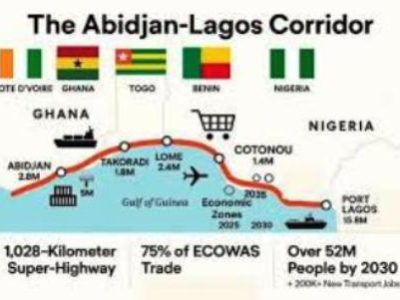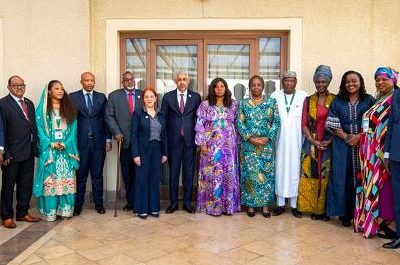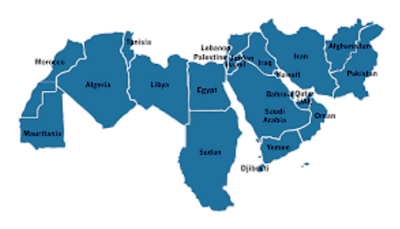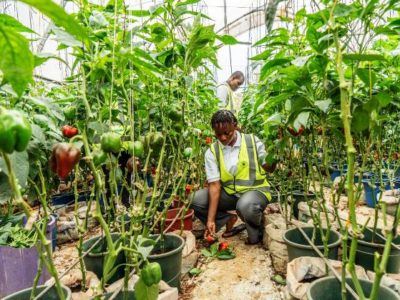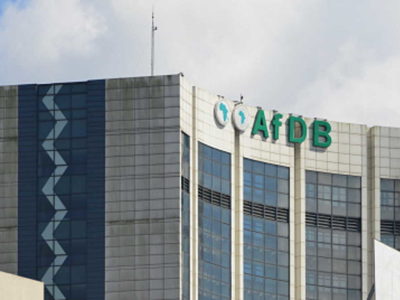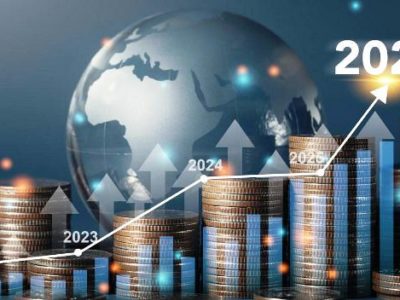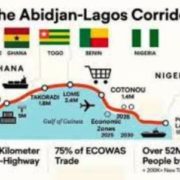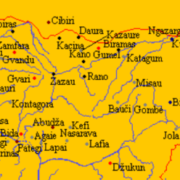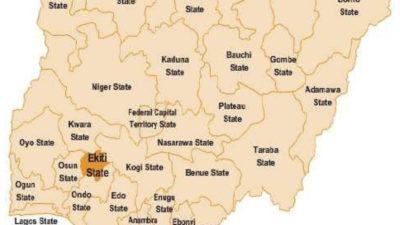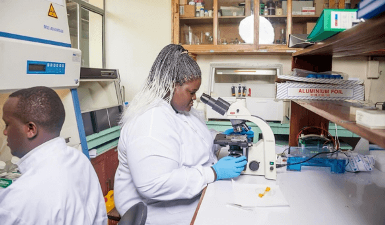Amid challenges like hunger, debt, inequality, and climate change, Alvaro Lario, President of the UN’s International Fund for Agricultural Development (IFAD), urges world leaders at the UN’s Summit of the Future in New York to “recognize that a lack of resources is not the greatest barrier – it is the political determination to invest in solutions at the scale needed”. Lario underscores the need to reform the global financial architecture to fund climate adaptation and food systems transformation, ensuring fairness and efficiency to build a better future.
“Global challenges such as hunger and poverty are realistic goals that can be overcome if we share the great wealth of resources available and work together to reverse growing inequalities,” added Lario.
The President of IFAD also reminded leaders that 3 billion people live in rural areas and are disproportionately affected by extreme poverty and hunger. He highlighted the need to significantly increase financial support to small-scale farmers – who produce one-third of the world’s food.
“It’s not just about the money, but about how we use existing resources. We need to be smart. Finance must flow to where it is needed most. The farm and the first mile are where we should be investing: in rural roads, in irrigation systems, in markets, as well as in public goods and people,” said Lario.
There is a significant financing gap towards rural areas and specifically in climate adaptation. At the same time, wealthy countries spend US$630 billion annually on subsidy policies that distort markets, hurt poor farmers, and damage the environment. IFAD proposes redirecting these incentives to promote healthy, nutritious, and affordable food.


